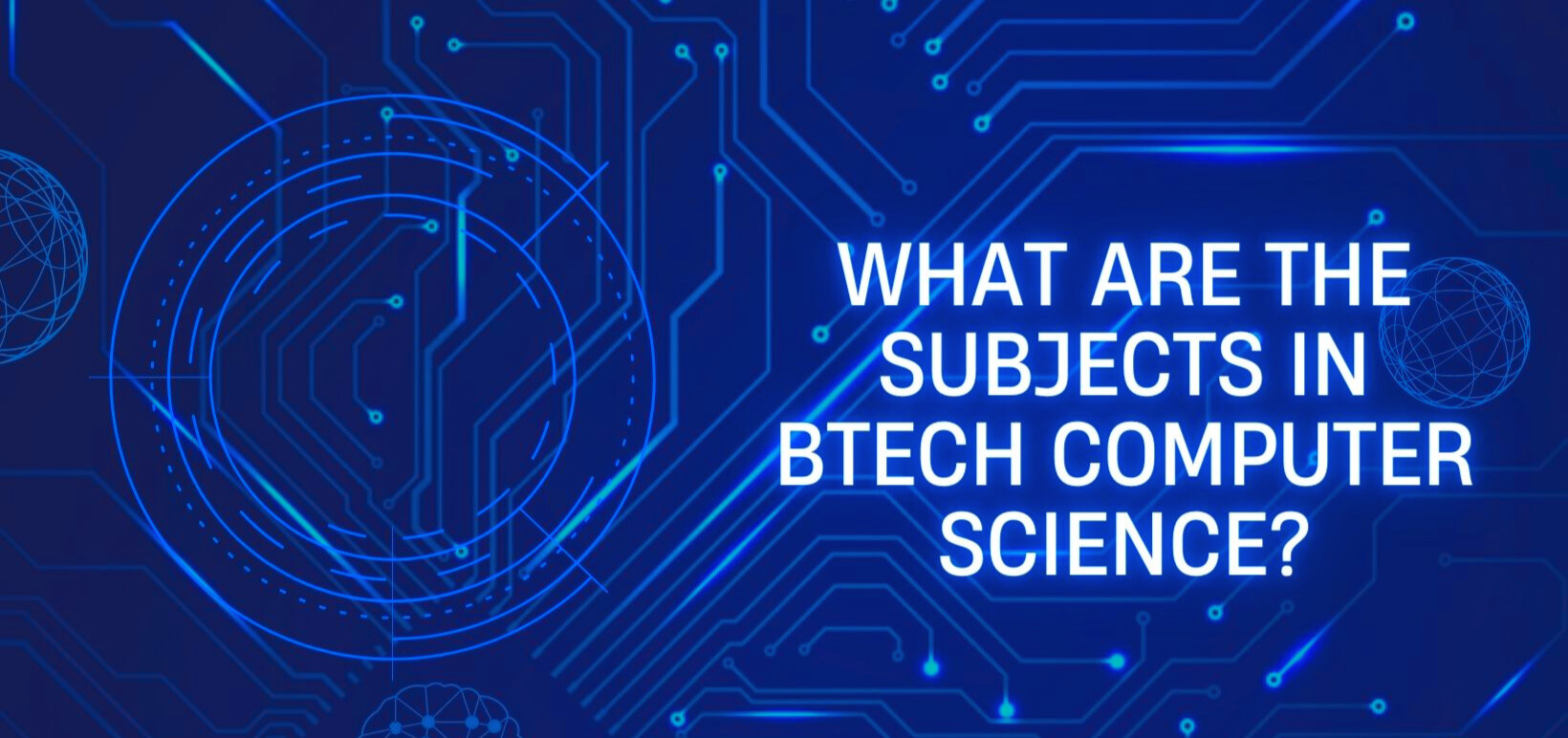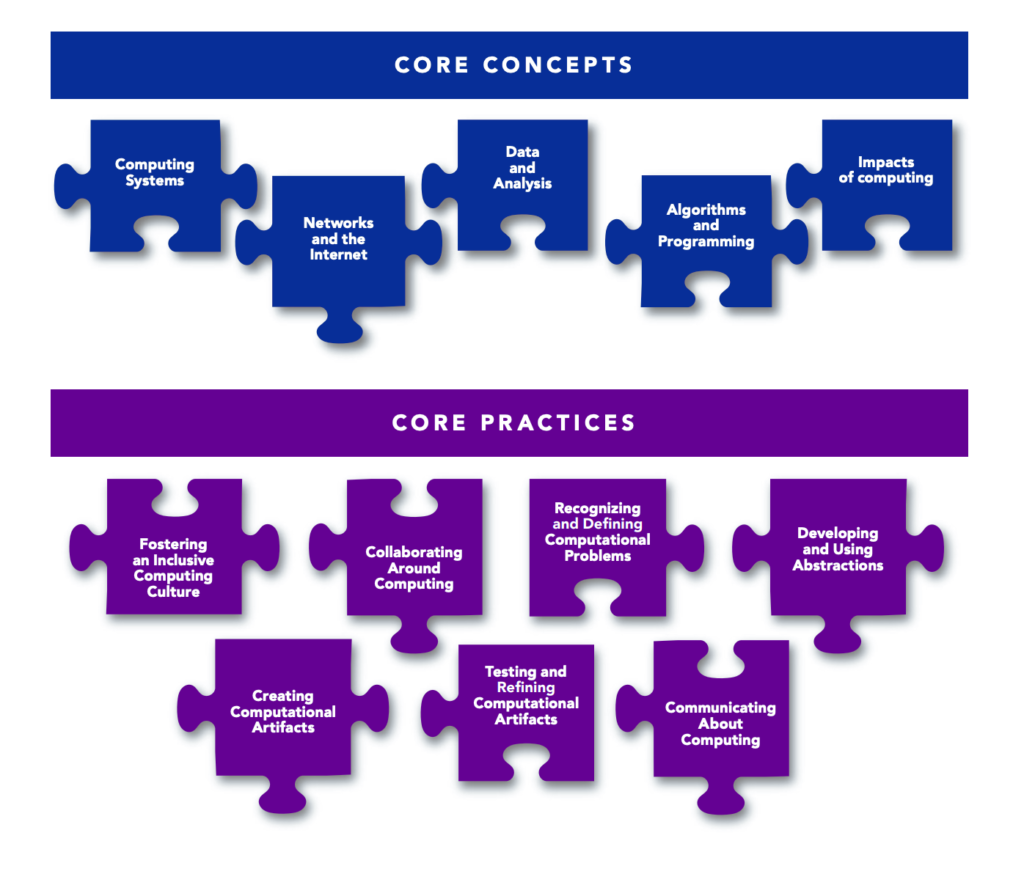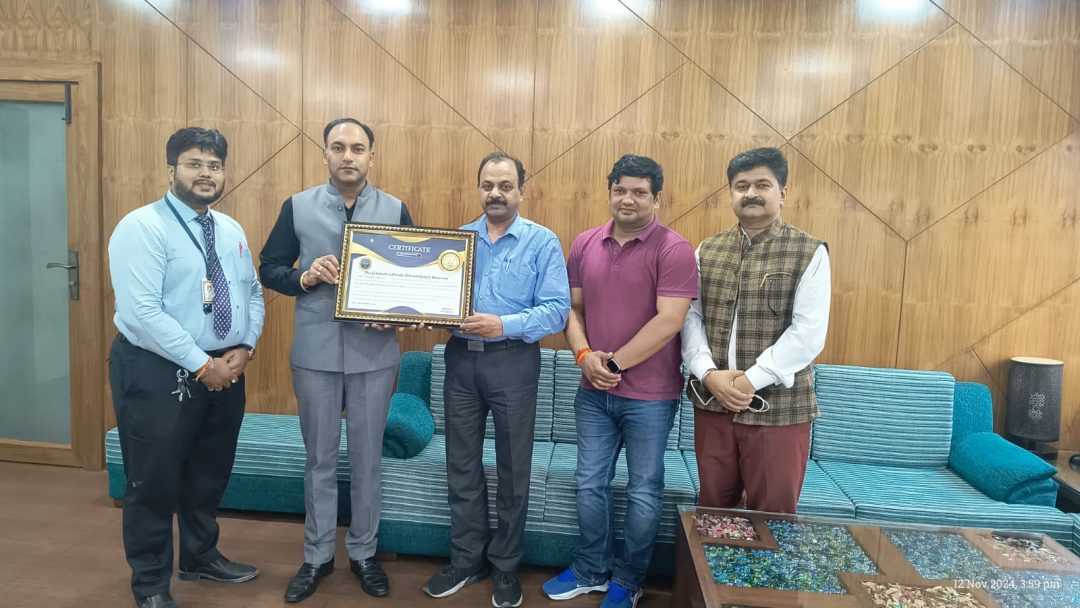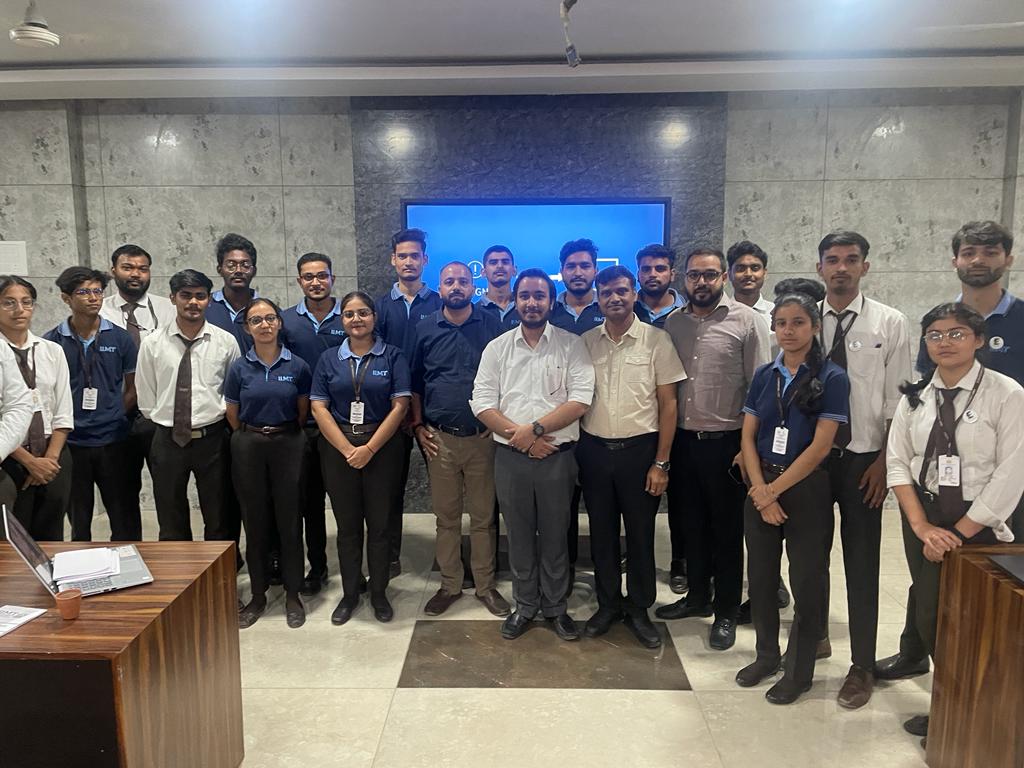Unveiling the Rich Tapestry of Computer Science and Engineering Subject
Introduction to wide range of CSE subjects
Welcome to the fascinating world of CSE subjects, where innovation meets ingenuity to shape the future of technology. In this comprehensive guide, we delve deep into the intricate realms of these disciplines, exploring their significance, applications, and the boundless opportunities they offer to aspiring enthusiasts and seasoned professionals alike and exploring their significance, fundamental concepts, subfields, impact, and prospects. To know in detail –https://iimtu.edu.in/page/iimt-syllabus
Understanding the Core Concepts of CSE subjects:
It encompasses a diverse array of topics, ranging from theoretical foundations such as computational theory and algorithms to practical domains like artificial intelligence, machine learning, and cybersecurity.
Exploring Key Subfields in CSE subjects-:
Computer science and engineering encompass a vast array of subfields, each contributing uniquely to the advancement of technology and innovation. Here are some key areas worth exploring:
-
Artificial Intelligence (AI) and Machine Learning (ML)
This field focuses on creating intelligent systems that can mimic human intelligence, learn from data, and make decisions. Applications include natural language processing, computer vision, robotics, and autonomous vehicles.
-
Data Science and Big Data
Data science involves extracting insights and knowledge from large volumes of structured and unstructured data. Big data technologies enable the storage, processing, and analysis of massive datasets, leading to discoveries in various domains such as healthcare, finance, and e-commerce.
-
Computer Vision and Image Processing
This field deals with processing and analyzing visual data from the real world. Applications range from medical image analysis and surveillance to augmented reality and facial recognition.
-
Cybersecurity
Cybersecurity focuses on protecting computer systems, networks, and data from unauthorized access, cyberattacks, and breaches. It includes areas such as cryptography, and network security, and secure software development.
-
Software Engineering
IT involves the systematic design, development, testing, and maintenance of software systems. S.E. encompasses methodologies, tools, and best practices for building reliable, scalable, and maintainable software.
-
Computer Networks and Distributed Systems
This field studies the design, implementation, and management of computer networks and distributed systems. Topics include network protocols, wireless communication, cloud computing, and peer-to-peer systems.
-
Human-Computer Interaction (HCI)
HCI focuses on designing interfaces and interactions between humans and computers. It integrates aspects of psychology, design, and computer science to create intuitive and user-friendly software and hardware.
-
Computer Architecture and Embedded Systems
Computer architecture involves designing and analyzing the structure and organization of computer systems, including processors, memory, and peripherals. Embedded systems are specialized computing devices integrated into larger systems or products, such as IoT devices and automotive electronics.
-
Quantum Computing
Quantum computing explores the principles of quantum mechanics to develop powerful computing technologies that can solve certain problems exponentially faster than classical computers.
-
Bioinformatics and Computational Biology
This interdisciplinary field applies computational techniques to analyze biological data, such as DNA sequences, protein structures, and biological networks.
These subfields of computer science and engineering continually evolve and intersect, driving innovation and shaping the future of technology. Exploring these areas can provide insights into diverse career opportunities and contribute to addressing global challenges.
The Power of Engineering:
 Bridging Theory and Practice
Bridging Theory and Practice
Engineering is the application of scientific principles and mathematical methods to design, develop, and optimize systems, structures, and processes to meet specific needs and challenges. Some of the CSE subjects are-
-
Mechanical Engineering
It involves the application of principles from physics, mathematics, and materials science to create practical solutions for a wide range of industries. They are involved in designing and testing prototypes, optimizing existing systems for efficiency and performance, and troubleshooting mechanical failures.
2. Electrical Engineering
Electrical engineering focuses on the study and application of electricity, electronics, and electromagnetism. It encompasses diverse areas such as power generation and distribution and telecommunications and signal processing, and semiconductor technology.
3. Civil Engineering
Civil engineering involves the design, construction, and maintenance of infrastructure projects such as buildings, bridges, roads, and dams. It plays a crucial role in shaping the built environment and ensuring the safety, and sustainability, and resilience of infrastructure systems.
4. Chemical Engineering
Chemical engineering combines principles of chemistry, physics, and mathematics to design and optimize processes for the production, transformation, and utilization of chemicals and materials. From pharmaceuticals and biotechnology to petroleum refining and environmental engineering, chemical engineers contribute to diverse industries and sectors.
Unlocking Boundless Opportunities:
Empowering Innovation and Creativity
The convergence of computer science and engineering subjects has paved the way for groundbreaking advancements and transformative technologies that have reshaped industries and societies. From the proliferation of smart devices and Internet of Things (IoT) solutions to the advent of autonomous systems and renewable energy technologies, the possibilities are endless.
Nurturing Future Talent
As the demand for skilled professionals in computer science and engineering continues to grow, there has never been a better time to embark on a journey of learning and discovery in these dynamic fields. Whether you’re a student who explore career options or a seasoned professional seeking to advance your skills, the opportunities for growth and impact are boundless.
Hence, computer and engineering subjects form the bedrock of technological innovation and progress, driving advancements that shape the world we live in. By understanding the core concepts, exploring specialized subfields, and embracing opportunities for learning and growth, we can unlock the full potential of these dynamic disciplines and chart a course towards a future filled with endless possibilities.
Know more about this
Visit- https://iimtu.edu.in/
Authored by-
Harshita














